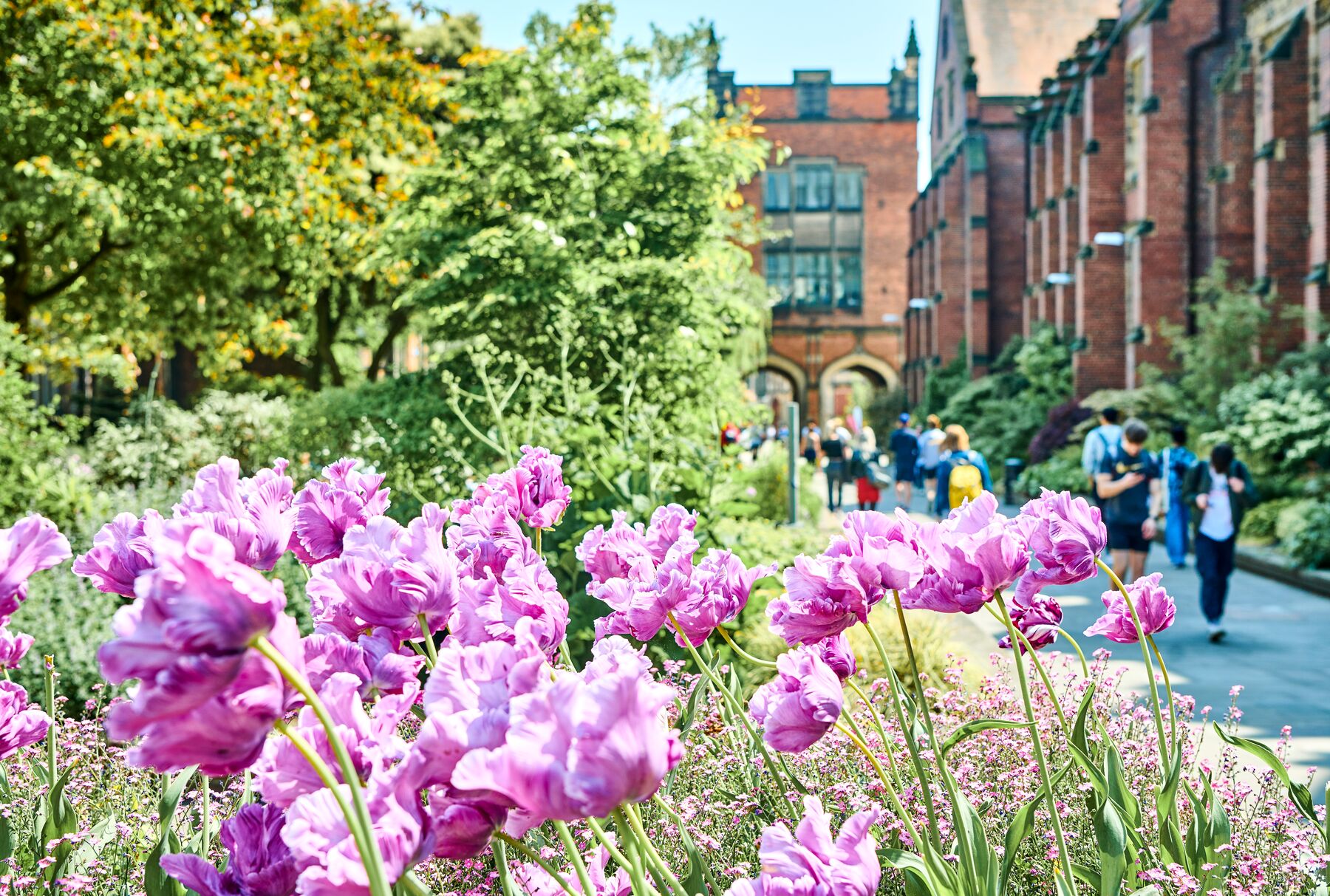Tribute to Professor R.I (Bob) Moore
14 May 2025
R.I. (Bob) Moore, MA, FRHistS, known to his family as Robin/Dobbie, Professor Emeritus of Medieval History at Newcastle University, UK, has died, on 5th February 2025.
Born in Enniskillen Co. Fermanagh, educated at the Royal Belfast Academical Institution (INST) and Merton College, Oxford, he worked 1964-1994 in the History Department at Sheffield University, where he met his first wife, Wendy Elizabeth Jenrick, whom he married in 1968 (the marriage ended in divorce), rose to Reader, and was remarkable for leadership in curriculum reform, for ‘transforming’ the Department and for his membership of Senate and the Academic Development Committee.
At Newcastle he continued to lead curriculum reform and pioneered, as he had at Sheffield in the 1980s, the teaching of World History, was briefly Head of Department, introduced History’s much appreciated but now defunct staffroom water cooler and Personal Research Allowance, and, notably, served on the University’s Research Committee, participating in preparation for two Research Assessment Exercises. He took early retirement in 2003.
He held two brief visiting professorships in the USA, at the University of Chicago in 1989 and at the University of California at Berkeley in 2004, was made a Corresponding Fellow of the Medieval Academy of America in 2002, and was the 2004 Creighton Lecturer, the Creighton series being ‘one of the great lectures in history in the British Isles’. He was an invited speaker at many international gatherings, General Editor and originator of the Blackwell History of the World series, his own volume for which is unfinished, and founding editor of the earlier Blackwell series New Perspectives on the Past, in which he was responsible for its inclusion of Ernest Gellner’s seminal Nations and Nationalism (1983).
His own publications too proved important and influential. Besides World History, his research focussed on eleventh- and twelfth-century Europe, and European dissent, especially so-called heresy and what have been termed Catharism and Cathars from around 1000, and popular religion. His most famous work, The Formation of a Persecuting Society: Power and Deviance in Western Europe, 950-1250 (1st edition 1987, his revisions to which, in the 2006 2nd edition, he subsequently wished to revise) features as an object of study in the History curriculum of more than one university, though The Origins of European Dissent (1977) and The First European Revolution, c. 970-1215 (2000) have each been preferred to this as his best book.
His eventual conclusions about the Cathars, which differed markedly from his initial acceptance of the traditional view, were advanced in various publications, at the most popular level in The War on Heresy: Faith and Power in Medieval Europe (2012). The themes that he tackled all had contemporary resonance, his research ‘underpinned by a deep political concern for the present’, and fuelled by ‘positive idealism’, ‘an ideal … of freedom from arbitrary and bullying authority’, and it attracted great esteem, though his conclusions about the ‘dynamic persecutor’ and the Cathars went down very badly in some quarters, especially in Italy and Germany.
In 2009 he was termed probably the most celebrated British medieval historian outside the UK, notably in North America. A volume of papers in his honour – Heresy and the Persecuting Society in the Middle Ages: Essays on the Work of R. I. Moore (ed. M. Frassetto) was published in 2006. There is to be a long memoir in Speculum (the journal of the Medieval Academy of America) in 2025 or 2026, drawing on many contributors.
One tribute has termed him ‘the kind of Professor whom Vice-Chancellors dream about’, ‘a model of how a good University teacher should behave’, a ‘creator’ and ‘builder’.
Others say ‘one of the good guys’, ‘a giant’, who ‘changed the historiography of medieval history’, ‘a rare combination of creativity and critical acumen’, with ‘trés grand acuité’.
He was remarkable for his strategic vision, generosity of spirit and willingness to help, support and advise, to learn from and acknowledge and collaborate with others, and for his fairness, and modesty - though on 8th May 1945 he mistook the VE celebrations as a party for his fourth birthday, he was very appreciative of the appreciation he received. He had ‘a quality of greatness … as a scholar and as a human being’.
His interests included music, politics, the works of Anthony Trollope, gardening, and wine. He loved France, and cats, his many friends and his family. He bore his long illness with quiet stoicism and great dignity, and concern for the welfare and needs of others. At Newcastle he met his second wife, fellow historian Anne Elizabeth Redgate, whom he married in 2002. He is survived by her, by his three children and a grandson, and his sister.
